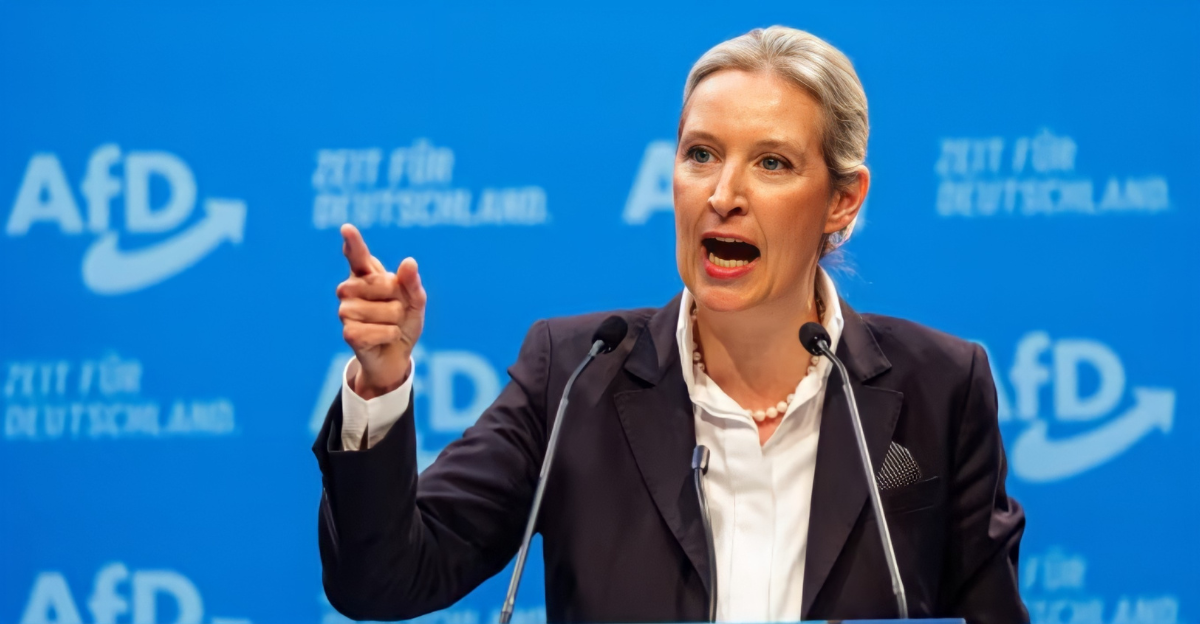
A striking wave of candidate fatalities has emerged in North Rhine-Westphalia (NRW), Germany’s most populous state. Media reports now say up to six AfD candidates died unexpectedly in late summer 2025.
In a state of 18 million people where over 20,000 individuals are running in the Sept. 14 local elections, such a cluster of deaths is extraordinary.
Authorities emphasize these were public candidates (not random citizens) and have reported no signs of external intervention. Even so, political observers note the coincidence: a key European election is suddenly haunted by an unprecedented pattern.
Rising Stakes
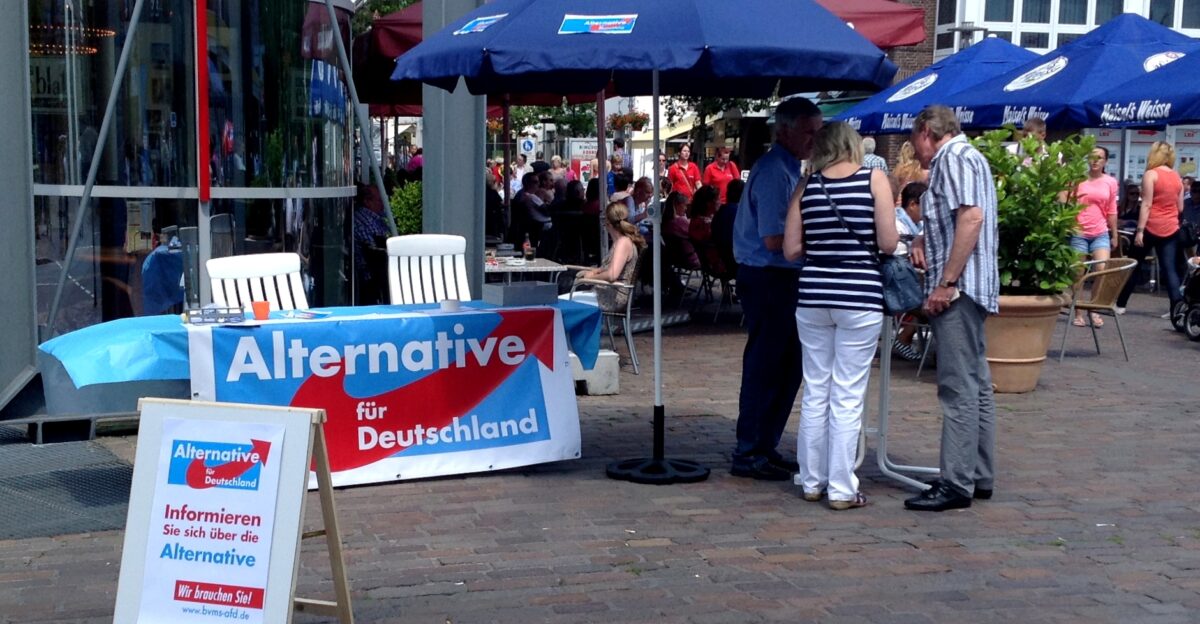
These developments occur as the AfD rides a powerful upswing. In NRW, the party’s vote share jumped from 5.4% in the May 2022 regional election to 16.8% in February 2025.
Polls now show AfD nearly tied with the ruling CDU/CSU at roughly 25% support nationwide. If AfD scores well on Sept. 14, it will cement its status as Germany’s second-largest force.
Even traditional West German regions are paying attention: one local poll has AfD at about 14% in NRW – equal to CDU, SPD and the Greens. Any upset or backlash will reverberate far beyond NRW, testing AfD’s appeal outside its former eastern strongholds.
Historical Context

The AfD’s journey has been fraught. Founded in 2013 as an anti‑euro protest party, it shifted sharply during the 2015–16 refugee crisis toward explicit nationalism and anti‑immigration rhetoric.
Over time, some of its leaders even indulged in Nazi-era slogans, earning legal censure. Investigators have documented the party’s ties to fringe groups: for example, over 100 AfD MPs and staffers have affiliations with far‑right networks.
This trajectory – from moderate euroscepticism to connections with neo-Nazi elements – is precisely why Germany’s intelligence services now watch the party so closely.
Mounting Pressures
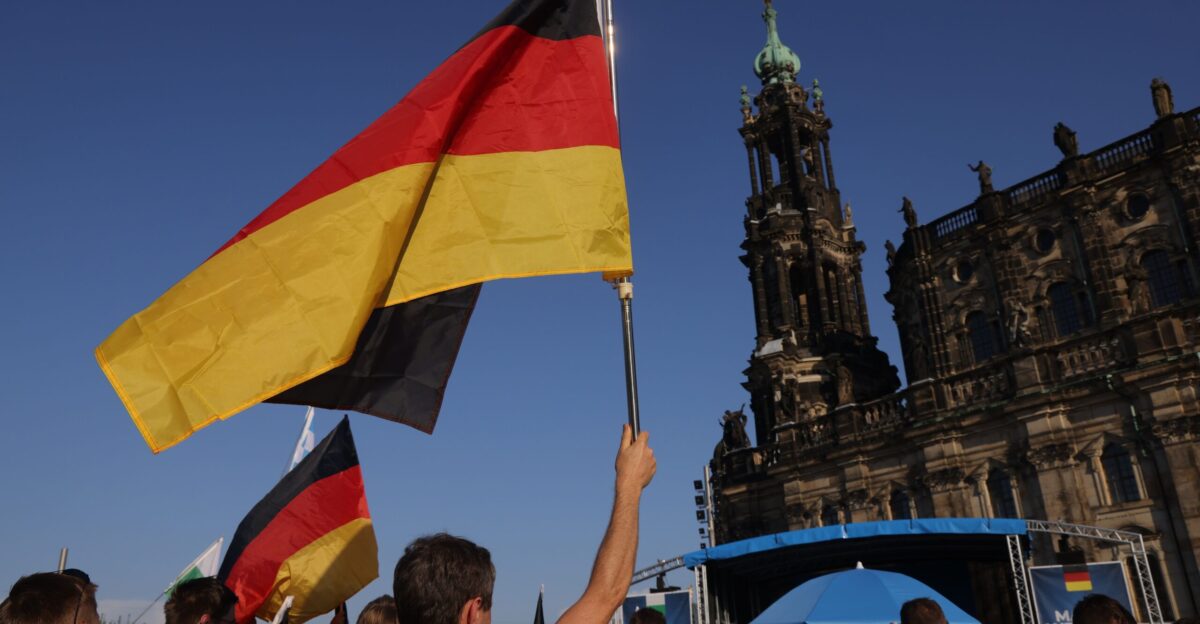
Mounting tensions have escalated in 2025. In May, Germany’s domestic spy agency (BfV) released an 1,100‑page report classifying the AfD as a “confirmed right‑wing extremist” endeavor.
This unprecedented label gives authorities broad new powers: they can recruit informants inside AfD and intercept party communications. AfD leaders denounced the branding as a “blow against democracy” and immediately appealed the decision.
A court temporarily suspended the classification pending a verdict. In the meantime, the party faces surveillance it says it never anticipated – a security dilemma atop already volatile politics.
Seven Deaths Revealed
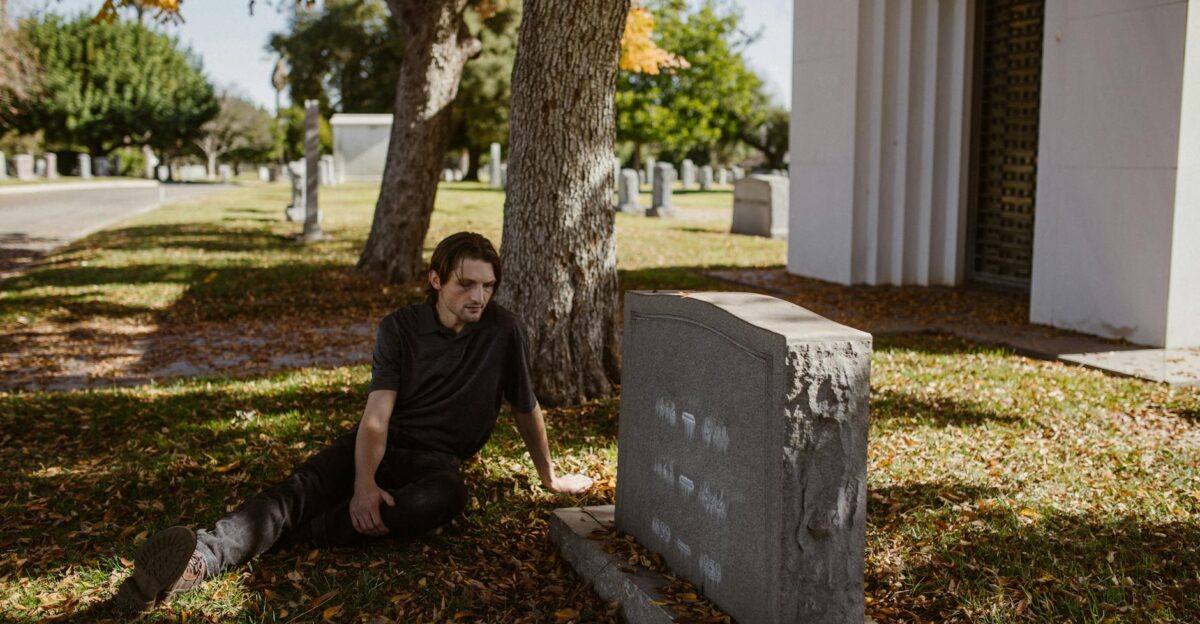
In late August 2025 the story took a tragic turn. Seven AfD candidates died within days of each other in NRW. Official announcements named Wolfgang Seitz, Ralph Lange, Stefan Berendes, Wolfgang Klinger and Hans-Joachim Kind, along with two reserve candidates.
Each death was sudden – one city said its candidate “died unexpectedly.” The AfD chapter in Lippe mourned in a social media post: “Our esteemed comrade Ralph Lange… we were all shocked”.
Kay Gottschalk, the AfD’s NRW deputy, immediately called for calm. “We will… investigate with the necessary sensitivity and care,” he said, and noted there was no sign of foul play.
Administrative Chaos
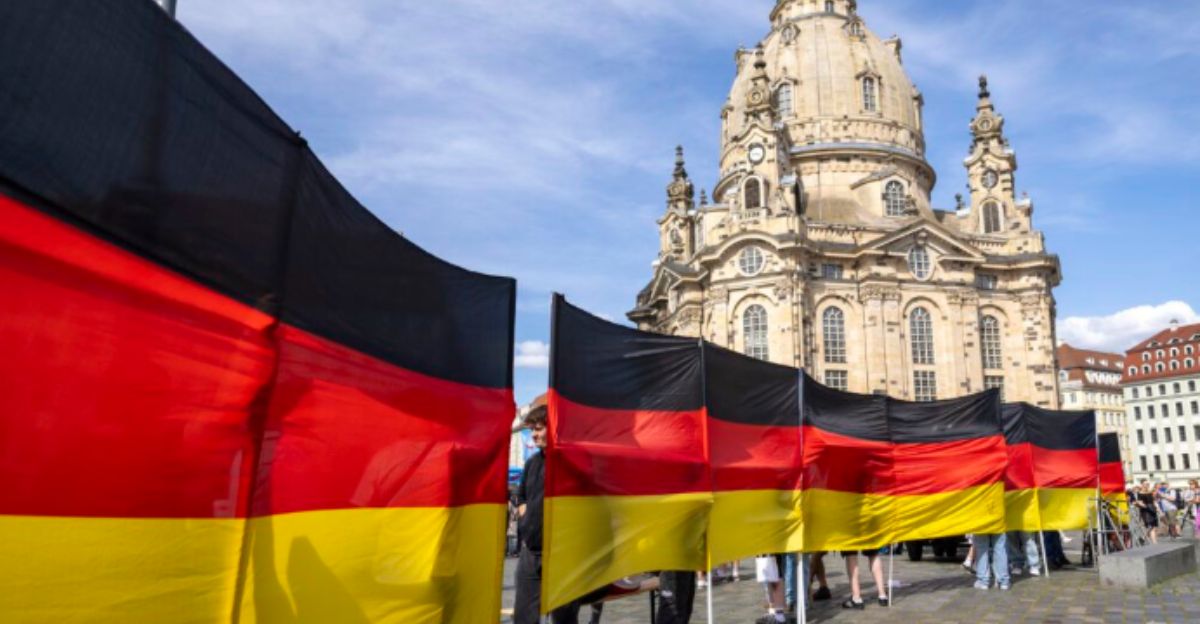
Officials were forced into emergency mode. In Blomberg, authorities said Ralph Lange’s death “automatically rendered invalid” all ballots already mailed, forcing a rush to reprint and resend them in time.
Bad Lippspringe’s ballots faced the same disruption when Stefan Berendes died. Across the state – in places like Rheinberg and Schwerte – thousands of affected postal votes had to be voided and redrawn.
Election officials told local media they were working overtime to ensure every citizen could still cast a valid ballot. One report noted that the cluster of candidate deaths meant new ballots “had to be drawn up and reprinted” in the affected districts.
Human Impact
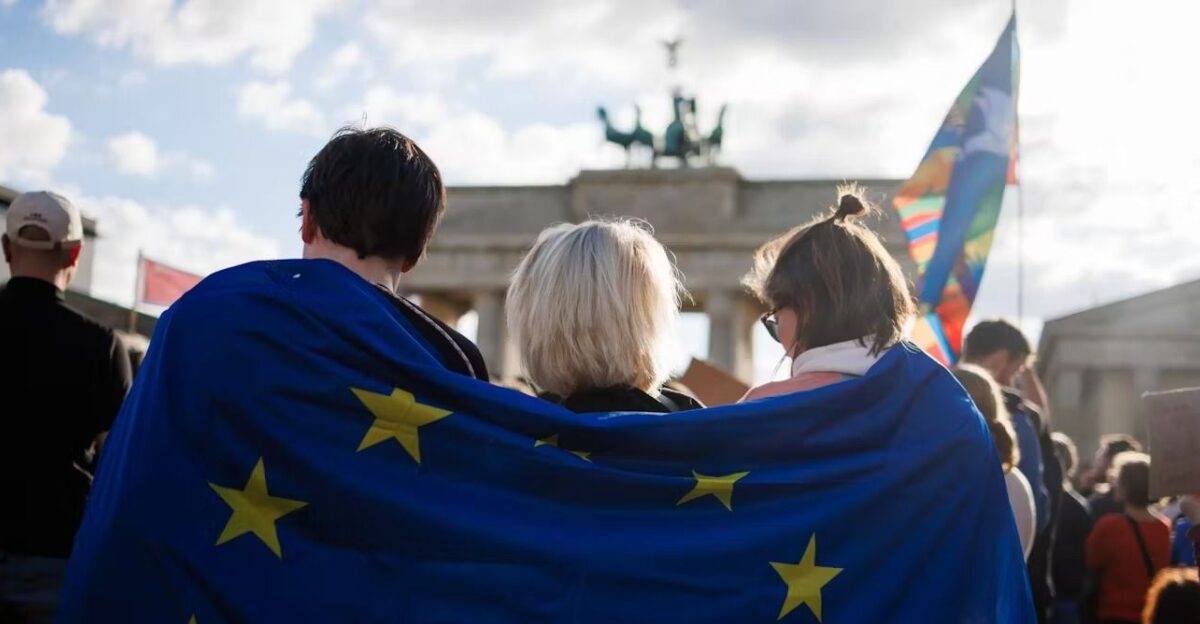
These losses have been devastating for families. AfD and local officials are treating each case as a personal tragedy. Deputy Kay Gottschalk promised inquiries would be done “with the necessary sensitivity and care,” and he noted there was “no indication” of foul play.
Police confirmed one death was ruled a suicide, and the others resulted from natural illnesses.
A local AfD Facebook post reflected the shock: “Our esteemed comrade Ralph Lange… we were all shocked”. Beyond the headlines, many ordinary voters and campaign teams are left in disbelief.
Broader Pattern

It soon became clear AfD was not alone in misfortune. NRW’s interior ministry noted that candidates from other parties – including the Greens and Social Democrats – also died in recent weeks.
For example, in Hellenthal, a Green candidate collapsed and died at a campaign event, and in Bad Münstereifel, SPD’s candidate Eleonore Jüssen died on Sept. 1. SPD leader Sebastian Glatzel said, “The news of Eleonore’s death really floored us… Her death makes us very sad and our thoughts are with her family”.
For the Greens and SPD, these losses have been equally jarring, underscoring that the phenomenon spans the political spectrum.
Electoral Implications

All of this unfolds against the backdrop of a dramatically shifting electorate. A recent NRW poll put AfD at about 14% – on par with each of the CDU, SPD and Greens.
Nationally, AfD now polls near 25%, a historic high that makes it a potential kingmaker. Analysts say the party has tapped into widespread economic and migration anxieties.
In industrial regions like the Ruhr, workers have told reporters that AfD’s focus on factory closures and jobs “really hits home.” Any strong result on Sept. 14 will show whether these gains hold beyond the eastern states.
Conspiracy Amplification

Meanwhile, the story exploded online. Retired economist Stefan Homburg tweeted that six candidate deaths in two weeks were “statistically almost impossible,” and AfD co-chair Alice Weidel quietly reposted it.
Tech billionaire Elon Musk then responded with an emphatic exclamation mark, turning German local politics into international Twitter chatter.
AfD vice Stephan Brandner added fuel by writing that the losses were “statistisch auffällig” – “statistically striking”. The viral exchange made the saga a global headline, far beyond its local roots.
Internal Tensions
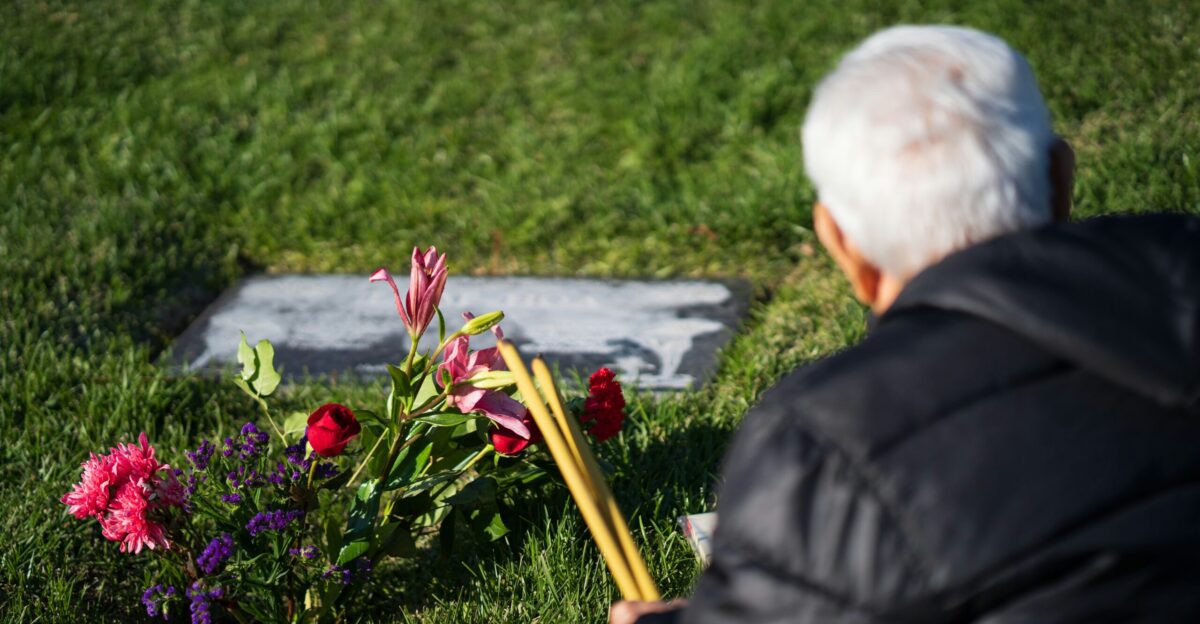
Within AfD ranks, leaders now face a delicate balancing act. They must honor grieving families while quelling conspiracy talk. Kay Gottschalk and others have urged patience: in a media interview, he said the limited evidence “does not support these suspicions at the moment” and insisted investigators avoid “immediately getting into conspiracy-theory territory”.
At the same time, some party activists privately express anger or fear. The co-leaders (Alice Weidel and Tino Chrupalla) have echoed that investigations should proceed normally.
This uneasy dance highlights divisions: AfD must appear sober and respectful publicly, even as it grapples with rumors among its base.
Security Concerns
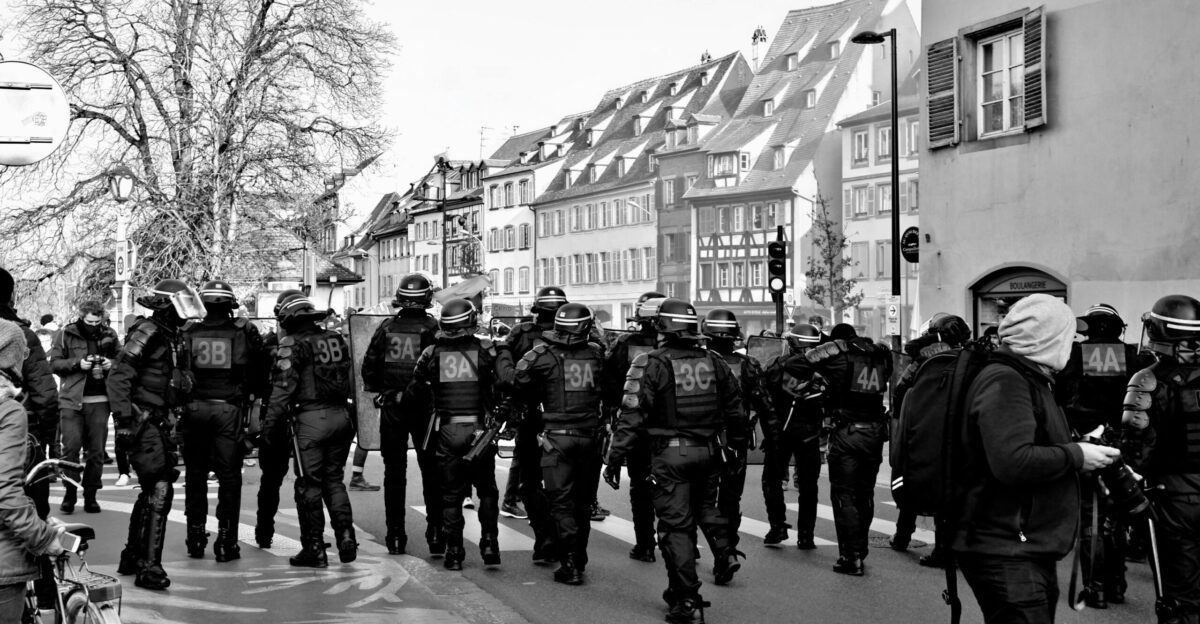
These candidate deaths have also raised broader security alarms. Germany’s interior ministry has warned of increasing “hybrid threats” to elections – including foreign disinformation and domestic political violence.
In this charged atmosphere, some local officials are quietly reviewing campaign security plans. They note that German candidates typically face little personal danger, but these events have changed the mood.
No evidence has emerged of any targeted attack, but authorities have stepped up monitoring of social media chatter and election interference, aiming to prevent any exploitation of the crisis.
Party Response
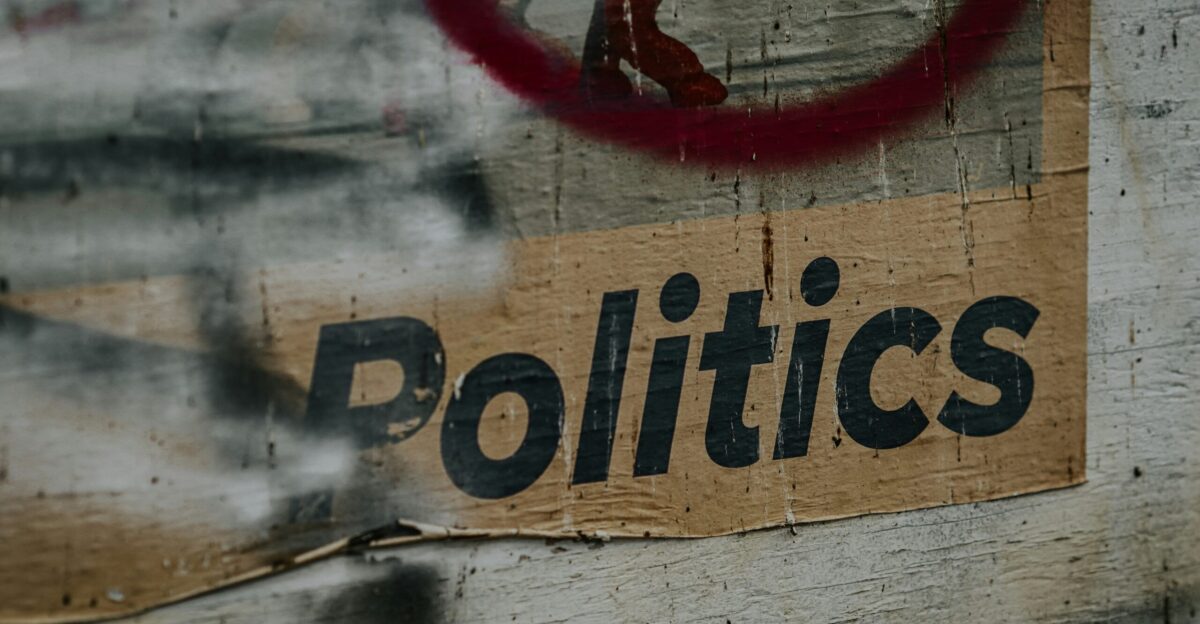
Even amid the turmoil, AfD strategists are keeping their sights on the ballot. They have doubled down on the issues that drove their rise: industrial decline, euro-skepticism and anti-immigration rhetoric. Campaign posters about factory closures still line many streets in NRW.
Many residents told local media that AfD’s focus on jobs and pensions “feels real.” Behind the scenes, party workers say they are intensifying door-to-door canvassing to convert attention into votes.
AfD officials insist the campaign must go on – viewing Sept. 14 as a critical opportunity to extend their influence in the West.
Expert Skepticism

Political analysts warn that this dual crisis could inadvertently boost AfD. Populist parties often benefit from claims of persecution. For example, The Guardian noted that the spy agency’s label “is unlikely to put people off supporting the AfD”.
The very act of targeting the party can reinforce its narrative of victimhood. Extremism experts caution that if the AfD appears to be under unfair pressure, neutral voters may sympathize.
Efforts to crack down on AfD could backfire, inadvertently strengthening its appeal among disaffected citizens.
Democratic Resilience
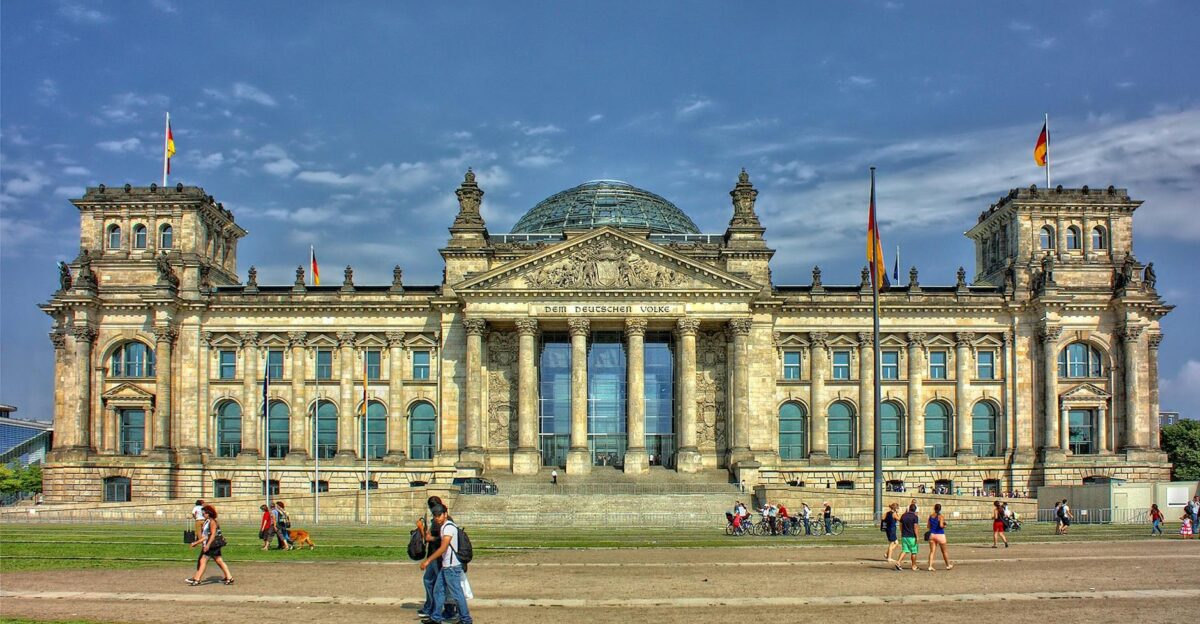
The tests continue. In a matter of weeks, German democracy has endured two unprecedented stresses: an extremist spy designation for its largest opposition party and the sudden deaths of multiple candidates.
Officials and courts are under the microscope. Voters will now have to decide how much stock to put in official accounts.
German election law allows for replacing deceased candidates on ballots, and authorities emphasize that electoral integrity remains paramount. Ultimately, Sept. 14 will reveal whether public faith holds – whether institutions prove resilient or if conspiracy narratives tip the balance.
Intelligence Implications
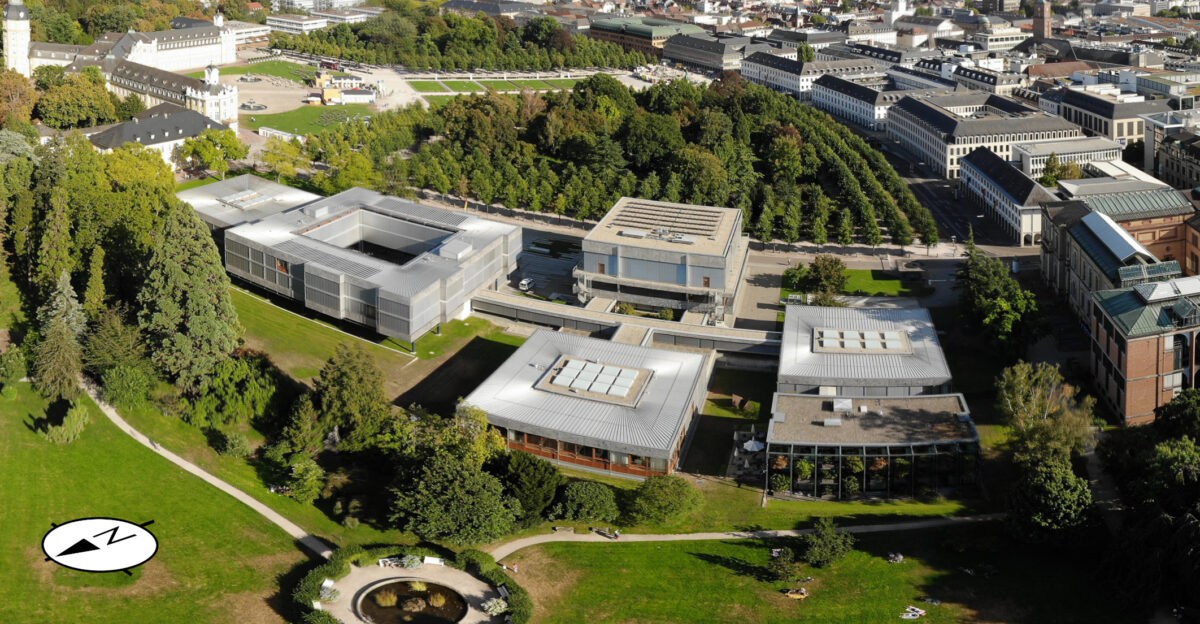
Curiously, this saga unfolds as Germany’s intelligence powers on AfD are expanding. The BfV report explicitly calls AfD “racist and anti-Muslim,” justifying wiretaps and informants against it.
This marks the first time a mainstream German party faces such scrutiny. Constitutional experts note the tension: Germany’s Basic Law sternly protects parties from state interference, yet the BfV argues it must use these tools to combat extremism.
The courts now face uncharted territory: balancing the AfD’s legal rights as a valid party against the state’s duty to root out extremist currents within it.
International Attention

This domestic drama has drawn foreign eyes. In Washington, U.S. Secretary of State Marco Rubio publicly urged Berlin to “reverse course” on branding AfD as extremist, warning of broader geopolitical fallout. Elon Musk – who has courted AfD support – tweeted that banning or marginalizing the party would be “an extreme attack on democracy”.
Even some EU officials are debating whether such intense measures against AfD are wise. In short, Germany’s struggle is now unfolding on the world stage, as allies and rivals alike watch how the country handles an opposition that has become unusually controversial.
Legal Battlegrounds
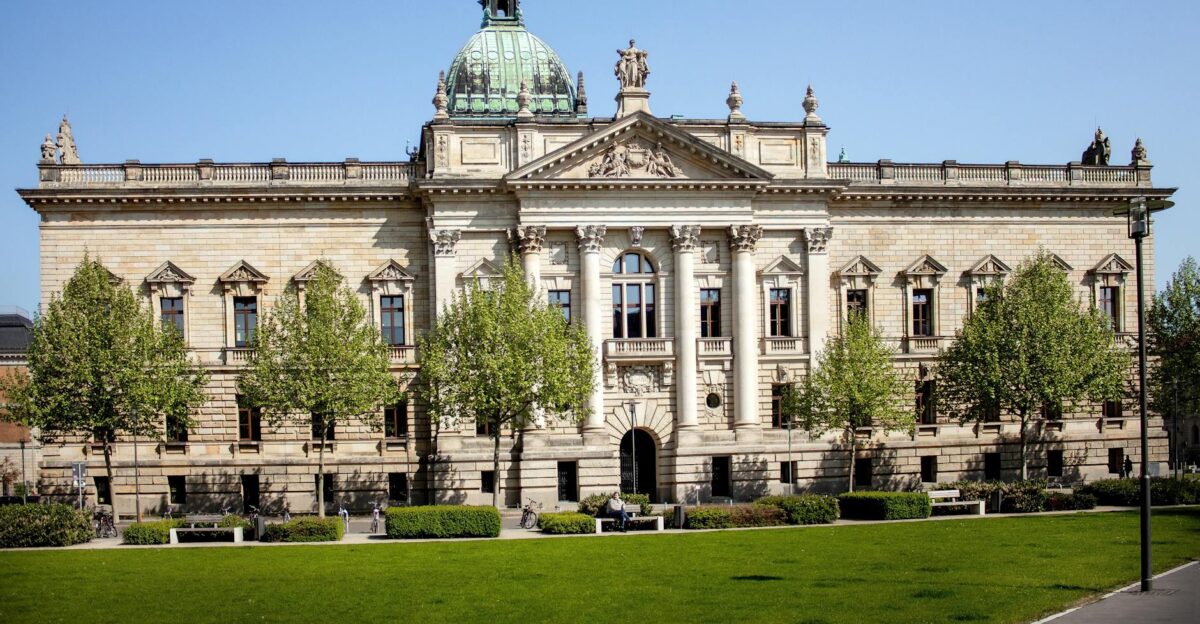
Parallel legal fights are now underway. The AfD has sued to overturn the BfV’s extremist label, arguing it violates the party’s constitutional status. Meanwhile, prosecutors quietly complete their death investigations.
In the coming weeks, we may see Germany’s courts weigh in on both fronts. Judges will have to balance the AfD’s democratic legitimacy against the state’s security concerns.
Any ruling could set lasting precedents: whether a party can face blanket surveillance or how the state responds to unexplained political fatalities. These dual legal fronts are making the elections not just a political, but a judicial watershed.
Social Media Warfare

Algorithms on major platforms have given these stories enormous reach. One study found roughly 72–74% of recommended political content for German users on Twitter and TikTok was right-leaning – mostly pro-AfD.
This meant social feeds were flooded with AfD-friendly rhetoric and rumors. Misinformation about the candidate’s deaths spread rapidly, often far ahead of any official statement. Hashtags like “#6Kandidatentode” trended widely, and fact-checkers scrambled to debunk false posts.
Many Germans reported first hearing of the news on social media rather than through news outlets – highlighting how fast online narratives can reshape public perception.
Democratic Crossroads
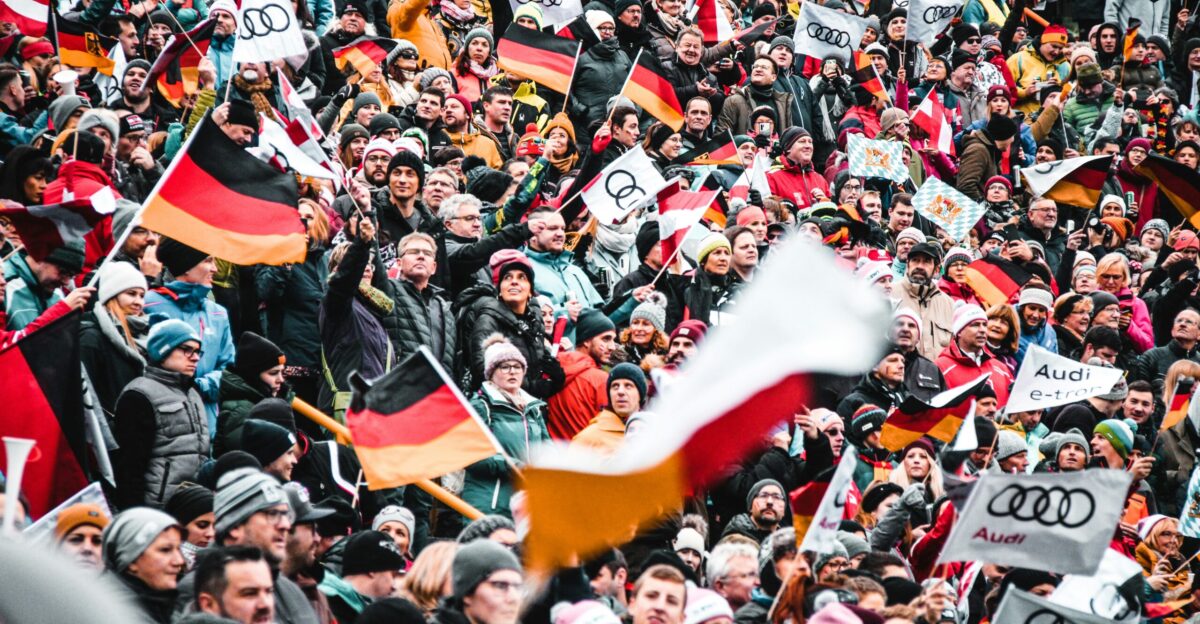
The convergence of these events is a true crucible for German democracy. If the elections proceed without disruption and voters heed evidence over rumor, it will reinforce trust in institutions. But if conspiracy theories take root, the polarization could deepen.
Analysts emphasize that public confidence now hinges on transparency: thorough explanations of the candidate deaths and impartial investigations are crucial.
How officials navigate this crisis — and how the electorate responds on Sept. 14 — may determine whether Germany emerges with a stronger democracy or faces a more fractured political landscape.